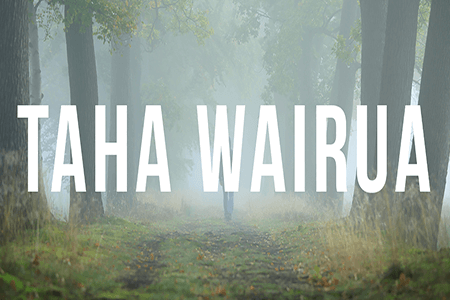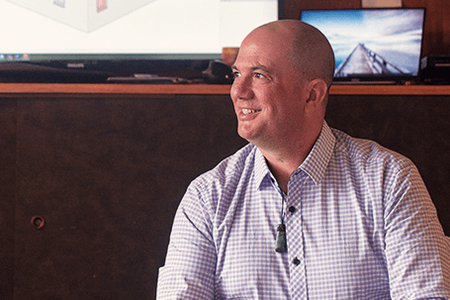Taha hinengaro
By MAS Team
One in five Kiwis experiences a mental illness each year. Almost all of these people will recover or live well with the right tautoko (support).
Te Whare Tapa Whā is a model of health that helps us identify where we need extra support. It describes health as a wharenui (meeting house) with four walls. These walls represent:
Connection with the whenua (land) forms the foundation. When all four walls and the foundation are strong, we feel strong too, including our top two inches (our mental wellbeing).
Just like your physical health, your taha hinengaro (mental and emotional wellbeing) needs to be taken care of. Taha hinengaro is your mind, heart, conscience, thoughts and feelings. It’s about how you feel, as well as how you communicate and think.
Taking care of taha hinengaro is important for everyone, regardless of whether or not you’ve experienced mental illness or distress. Being involved in meaningful, fulfilling mahi has huge benefits for your taha hinengaro. If you don’t enjoy your mahi, or if you don’t feel valued or supported it can have a negative impact on how you feel. Even if you’re going through this right now, you can still do things to boost your wellbeing.
When your taha hinengaro is strong, you can better cope with the ups and downs of life. You can express your feelings and reach out for support from friends and whānau if you need to.

Take some time to reflect on what taha hinengaro means to you. If you tried out any of the activities above, what specifically made you feel good and what didn’t? If any of the activities helped to boost your mental health and wellbeing why not find ways to include them regularly in your week.

We're all guilty of spending heaps of time online. But now with lectures and group projects online too, it's easy to miss connecting with our Profs and uni mates IRL. Here's what you need to know to help you connect and collaborate.

Taha wairua is who and what you are, where you have come from and where you are going. Your spiritual essence if your life force – your mauri.

A former rocket scientist is determined to make New Zealand's housing stock warmer, drier and healthier for our communities by shifting his focus to designing energy-efficient passive houses.